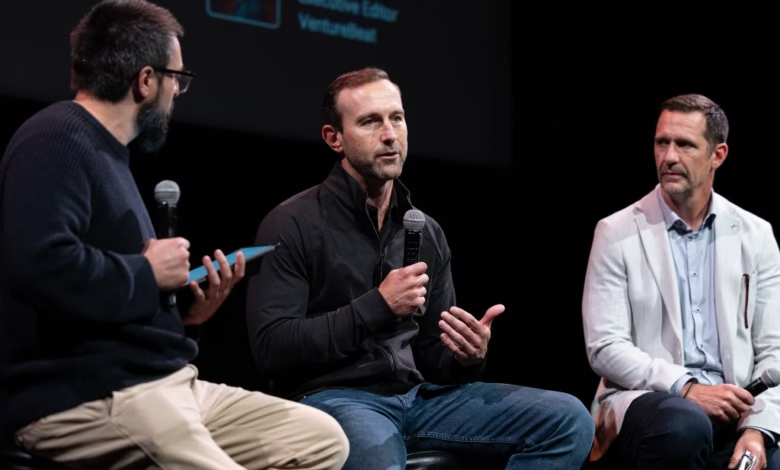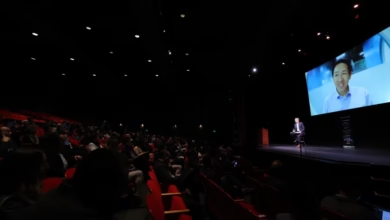Highmark & Google Cloud: 6 AI Lessons for Faster Claims & Better Care

▼ Summary
– VB Transform 2025 featured a session by Google Cloud CTO Will Grannis and Highmark Health’s Richard Clarke on deploying AI in healthcare at scale.
– Highmark Health and Google Cloud collaborated to modernize legacy systems, achieving 90% workload replication without disruption using AI.
– Over 14,000 Highmark employees use generative AI tools for tasks like claims processing and provider credentialing, driven by structured training and feedback.
– The partnership emphasizes a shift from chat-based AI to multi-agent systems capable of autonomous task execution and workflow automation.
– Key advice for enterprises includes focusing on data readiness, task-first AI orchestration, and centralized governance for scalable AI adoption.
Healthcare organizations looking to implement AI at scale can learn valuable lessons from Highmark Health’s collaboration with Google Cloud. The partnership demonstrates how large enterprises can integrate AI into daily operations while maintaining compliance, efficiency, and user trust.
At VentureBeat’s Transform 2025 conference, industry leaders from Highmark and Google Cloud shared insights on deploying AI across a workforce of 14,000 employees. Their approach focuses on platform engineering, treating AI as a fundamental shift in operations rather than just another tool
Google Cloud’s CTO, Will Grannis, emphasized that data readiness is critical for AI success. “If your data is prepared, you can run experiments that make AI truly scalable,” he explained.
One standout application involves provider credentialing. Previously, staff manually verified contracts across multiple systems. Now, AI aggregates data, checks requirements, and generates verified reports with citations, saving time and improving accuracy.
Clarke highlighted that adoption hinges on structured training and feedback loops. “We don’t just deploy tools and hope for the best,” he said. “We demonstrate real-world benefits and refine based on user input.”
Highmark is testing single-use agents for specific workflows, with plans to embed them deeper into backend systems. This reduces reliance on multiple interfaces and enables centralized control with broader automation capabilities.
Google Cloud is enhancing model-routing capabilities to support this flexibility. Their recent Agent Protocol initiative, developed with the Linux Foundation, aims to standardize interoperability in multi-agent environments.
For enterprise leaders, the lesson is clear: success in AI depends on strategic planning, adaptable platforms, and a commitment to long-term integration. Those who focus on real-world impact, rather than just technology, will lead the way; Invest in data readiness early, even if full AI deployment is years away.
(Source: VentureBeat)





